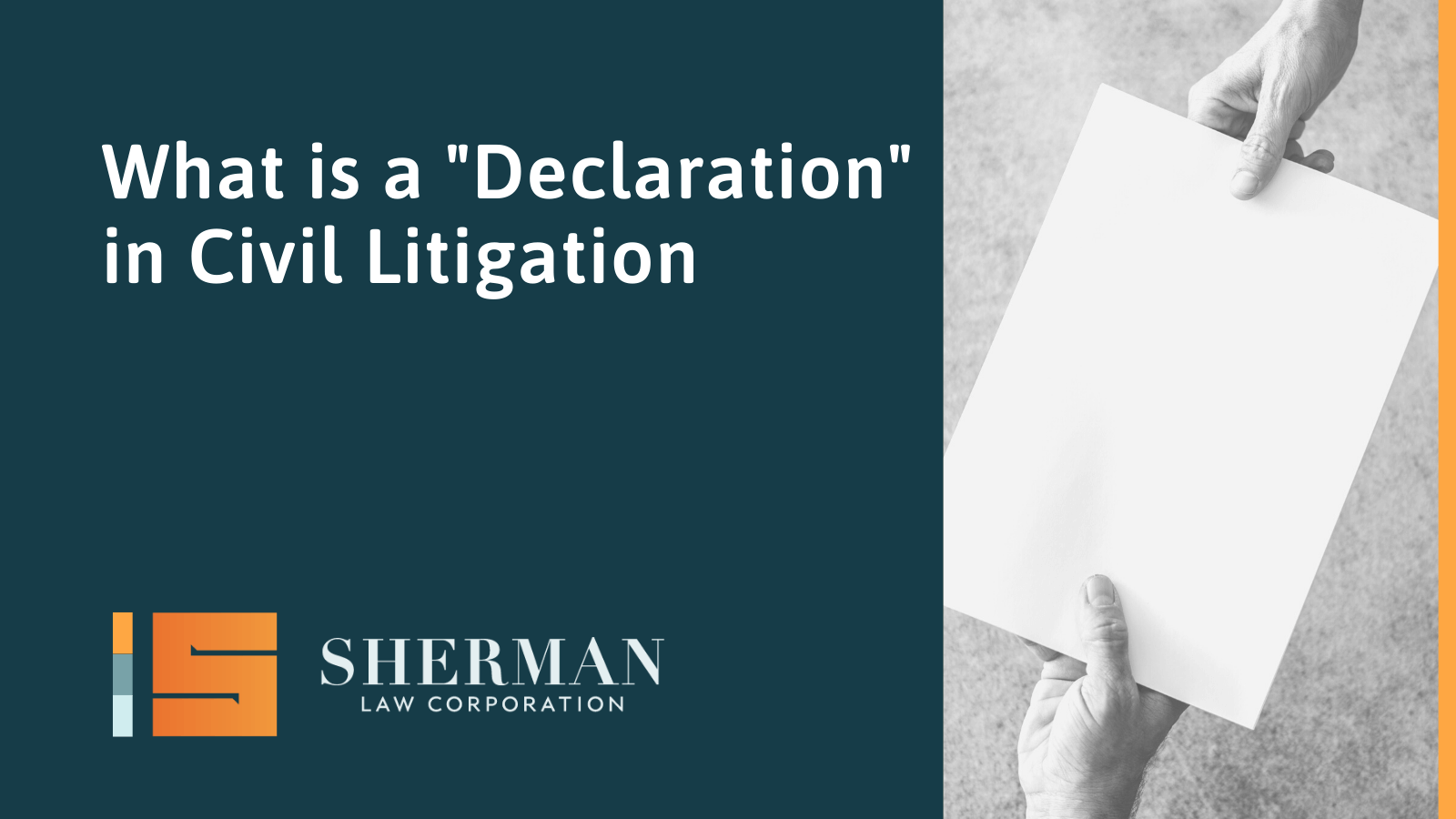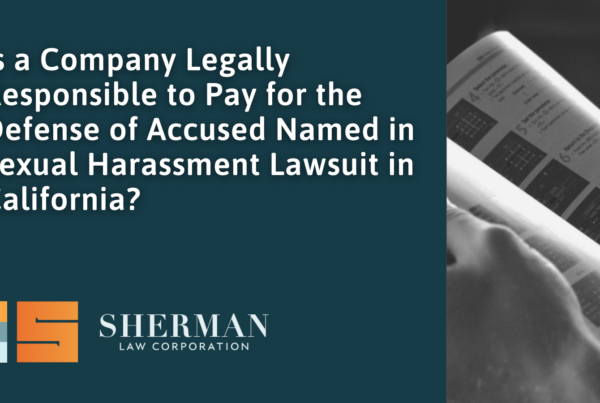
What is a “Declaration” and What is its Purpose in Civil Litigation?
A declaration is a sworn statement signed under penalty of perjury by the declarant, the person who authors the declaration. The declarant represents that everything stated in the declaration is true and correct. Declarations are used in connection with various court proceedings, such as, when the declarant is unavailable to testify, to lock in a percipient witness, authenticate evidence, and provide admissible relevant evidence typically pre-trial. Declarations are often times introduced at mediations and submitted in support of legal filings/motions. The declarant must have first-hand personal knowledge of the information stated therein and authenticate all evidence attached to a declaration (i.e., attached is a true and correct copy of a letter I wrote to x). Objections to evidence often include objections to statements in declarations and purported evidence. The declaration has the same force and effect as if the declarant testified in court, except the declarant was not subject to cross-examination when it was prepared.




